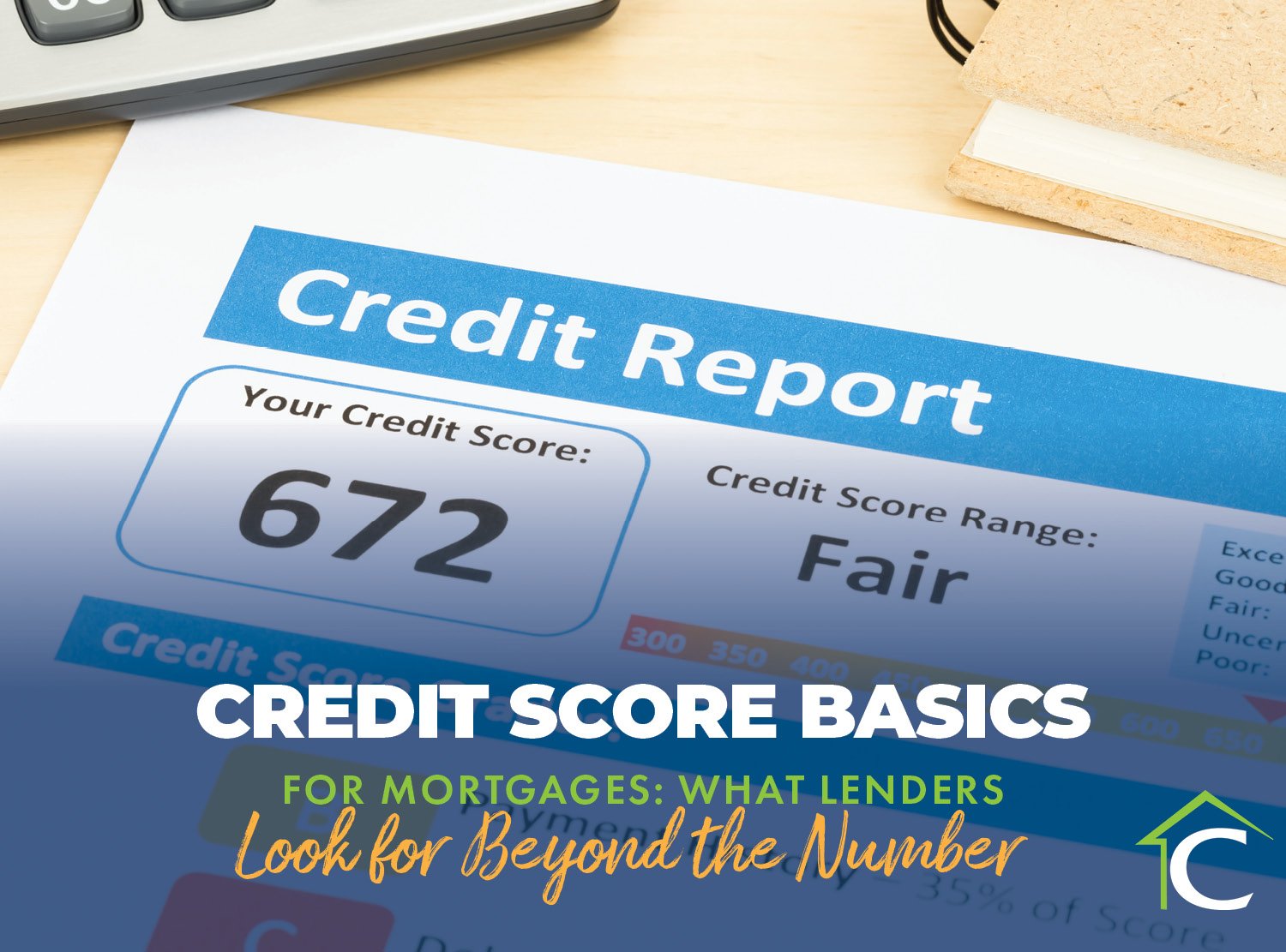
If you’re over 62 and want to use your home’s equity to supplement your income, a reverse mortgage could be a great option. The bank will give you payments every month in exchange for a part of your home’s value with no payments due on your part until your house is sold or otherwise vacated.
The most common reverse mortgage is the Home Equity Conversion Mortgage (HECM), which is insured by the federal government. Following recent legislation, there are new increased borrowing limits are available along with the ability to purchase a new home with this program. Other options are available as well, so if you’re not sure which is best, contact us today.
Borrowers choose reverse mortgages for a number of reasons, including:


The disbursement options on a reverse mortgage loan are flexible. You can access money in a lump sum, establishing a line of credit to use as needed, or a combination of the two.
When and if the home is left permanently, the balance on your reverse mortgage becomes due. Selling the home itself can pay for this—any remaining equity belongs to you or your heirs.
If you’re interested in learning more about your reverse mortgage options, contact us today and one of our team members will happily answer any of your questions.

What credit score do you need to buy a house? Learn how mortgage lenders evaluate your credit report, scoring models, payment patterns, and approval factors.
Read More
Struggling to save for a down payment? Learn 8 proven strategies from mortgage experts to build your home fund faster. Calculate what you need and start today.
Read More
Learn how to buy a home with student loan debt in 2026. Get proven strategies to improve your DTI, boost credit scores, and qualify for a mortgage with expert guidance.
Read More
Discover the top 10 must-try brunch spots in Nassau County, offering a variety of delicious dishes and unique dining experiences for every brunch lover.
Read More